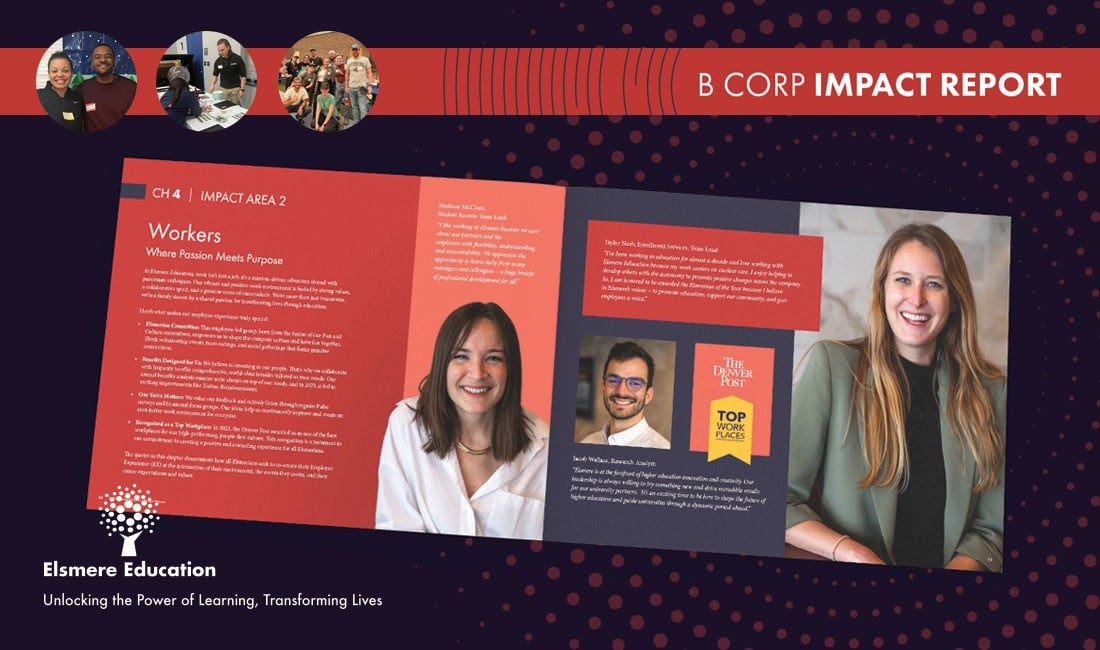Our legal system is deep and complex, with interconnected legal structures that affect and regulate many sectors of business and society. While many seek to develop mastery in one or multiple aspects of the law through earning their JD, passing the bar, and practicing as a lawyer, others in various roles deal with the law throughout the course of their day-to-day work. The Master of Legal Studies (MLS) degree was created for this population and bridges this gap.
Designed for Non-Lawyers, Boosting Careers
The American Bar Association (ABA) reports various naming conventions (e.g. Juris Master, Master of Jurisprudence) for these non-lawyer-focused master’s degrees. For clarity, we will refer to this grouping of degrees as “Master of Legal Studies,” or MLS.1
The MLS is designed for individuals who do not have a Juris Doctor (JD) degree and are not seeking to become practicing attorneys. This program is well-suited for professionals from various fields who wish to gain a comprehensive understanding of legal principles and concepts without the intention of practicing law. Curriculum can cover a broad range of legal topics or focus deeply on one specific aspect of law, providing a foundation that can be applied to their existing professions. Graduates of an MLS program may work in compliance, business, healthcare, or other fields where legal knowledge is beneficial.
MLS vs. LLM: Understanding the Difference
In this report, we will focus primarily on MLS degrees, what specific areas we have seen high student demand for, and how to develop a strong market research strategy to create new degree offerings in this space.
Driving Enrollment with MLS Programs
| University | 2023 Enrollments | MLS Offerings | LLM Offerings |
| University of Arizona | 2,143 Online |
|
|
| Texas A&M University | 1,236 Online/Hybrid |
|
|
| Arizona State University | 807 Online & On Ground |
|
|
- Consider offering several popular MLS concentrations with steady student demand.
- Some of the most common concentration options across the entire MLS market are business law, compliance, human resources law (all related), healthcare law, and cybersecurity law.
- There appears to be resilient student demand for these programs.
- Some of the most common concentration options across the entire MLS market are business law, compliance, human resources law (all related), healthcare law, and cybersecurity law.
- Find the regional drivers based on localized markets/industries.
- We believe that a large driver behind the success of these three universities, and the broader MLS landscape is the ability to identify regional needs and develop/launch a program to match.
- Examples of this are Indigenous Peoples Law and Policy from Arizona, and Energy, Oil, and Gas Law and Policy from Texas A&M, and Tribal Self-Governance from Arizona State.
- We believe that a large driver behind the success of these three universities, and the broader MLS landscape is the ability to identify regional needs and develop/launch a program to match.
Developing a Market Research Strategy for High-Demand MLS Programs
Partner with Elsmere Education to learn about the strategic advantages of offering diverse MLS concentrations tailored to meet regional needs and industry demands. We can help your university develop competitive programs by identifying emerging trends, responding to industry shifts, and creating innovative degree offerings. Our expertise in market research and program development positions universities as leaders in delivering innovative MLS programs tailored to meet the demands of non-lawyer professionals. Contact us today to schedule a free consultation with our University Partnerships team.
Sources
1“Post-J.D. & Non-J.D.” American Bar Association, n.d. https://www.americanbar.org/groups/legal_education/resources/llm-degrees_post_j_d_non_j_d/






